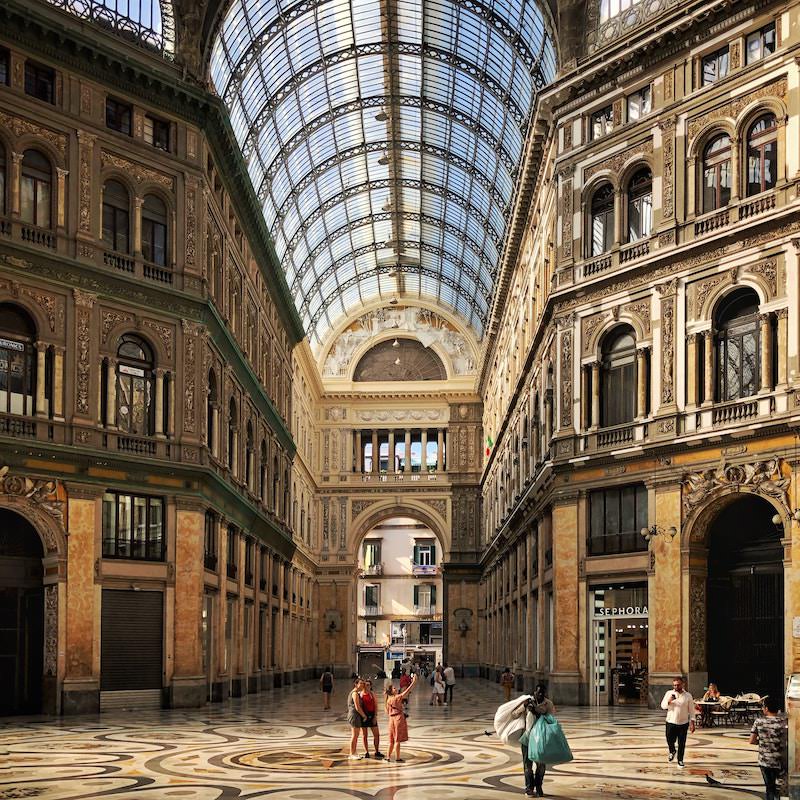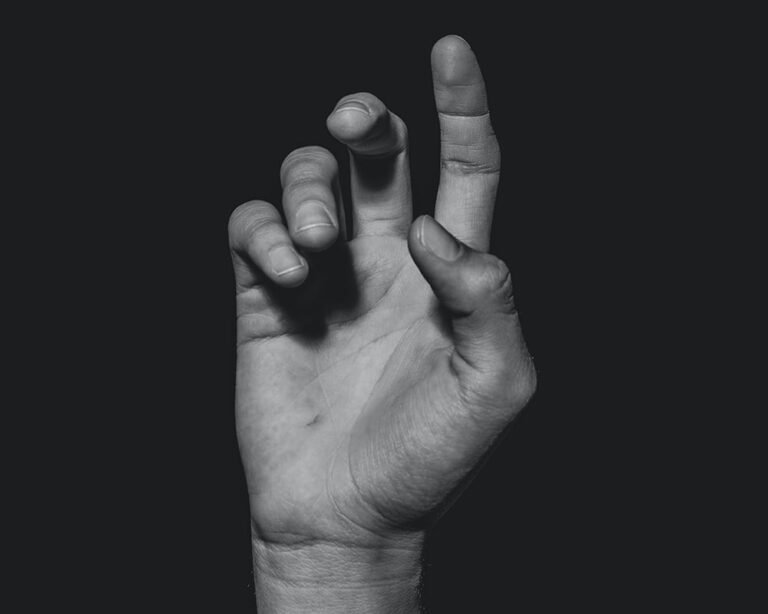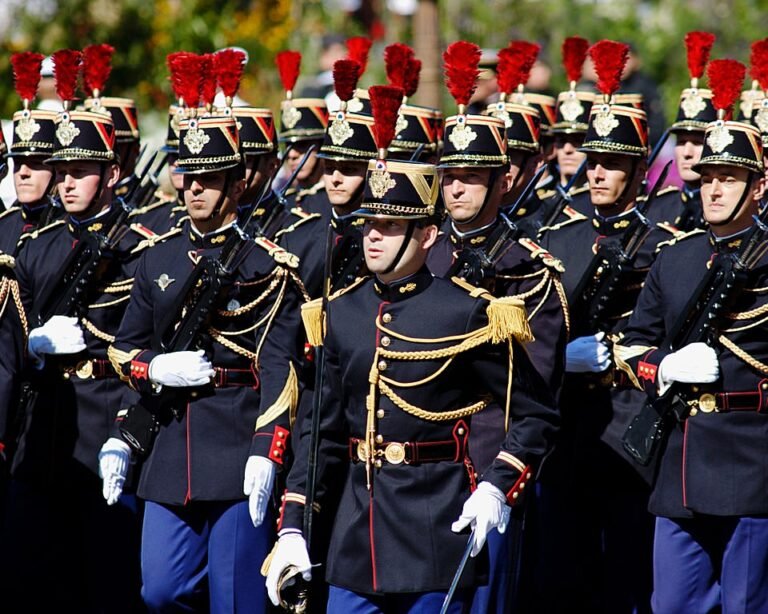Voir Naples et mourir
“Voir Naples et mourir” means “see Naples and die,” which is pretty much an exact translation of the French. So what does it mean to see Naples and die? The expression is used by the Neapolitans (the inhabitants of Naples in Italy) to mean that their city is so beautiful that once you have seen it, everything else is of no importance and you can die in peace. In Italian, it is “Vedi Napoli e poi muori !”
In fact the phrase probably comes from Goethe, the German poet, playwright, novelist, scientist, statesman, theatre director, and critic. Goethe did the Grand Tour of Italy during 1786 and 1787, using it in his book “Italienische Reise” (“Italian Journey” in English, or “Voyage en Italie” in French). However it is also possible that he was simply translating the Italian phrase that he had heard in Naples. He liked Naples so much, describing it as “a paradise,” that he had difficulty moving on from there and continuing the rest of his Grand Tour.






